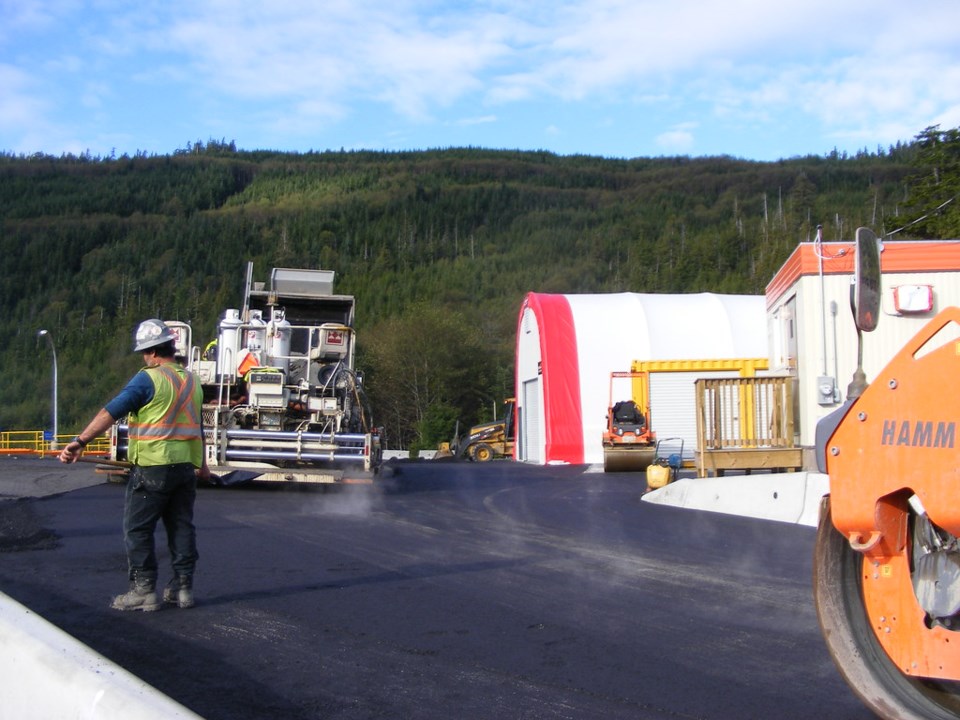A B.C. Supreme Court judge in Vancouver decided a federal highway construction contractor can amend its counterclaim.
On Dec. 12, Justice Miriam Maisonville dismissed an appeal by Canadian Construction Materials Engineering and Testing Inc. (CCMET). Subcontractor CCMET is suing Allied Paving Co. Ltd. after it allegedly refused to pay CCMET $413,2354.74 plus interest and costs, for work south of Fort Nelson.
Public Works and Government Services Canada (PWGSC) contracted Allied in May 2018 for pavement replacement between kilometres 266.2 and 315 of the Alaska Highway. Maisonville’s ruling said the services were comprehensive: “In essence, the project was rebuilding the highway.”
Allied contracted CCMET because the federal department required a quality management plan and an independent quality control manager and staff to carry it out. PWGSC accepted Allied’s proposal and CCMET agreed to the subcontract, for testing and qualify control of gravel, on June 20, 2018.
But, 11 months later, CCMET sued for breach of contract, negligence, breach of the duty of good faith and honest performance. Allied countersued in January 2020, alleging that CCMET made errors that delayed the project.
CCMET called Associate Judge Sandra Harper’s June ruling “clearly wrong,” for allowing Allied and co-defendant Sovereign General Insurance Company to amend the $2 million counterclaim, which included new allegations of fraud.
But Maisonville found that Harper did not err.
“The proposed amendments are intimately connected with the existing claims,” said Maisonville’s reasons for decision. “The original claim was that CCMET negligently provided false information about the aggregate testing results; the amended claim is that those results were provided knowingly, recklessly, or with the intent to deceive. While these changes do alter the claim against CCMET, they are not so significant as to constitute a reason against allowing the amendment.”



